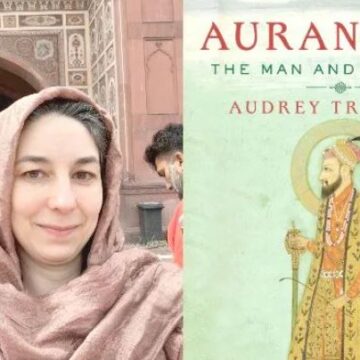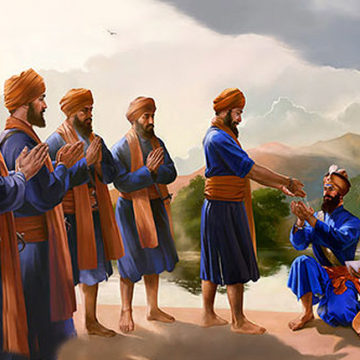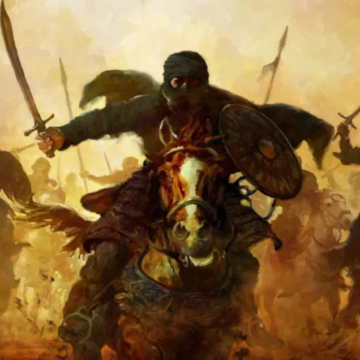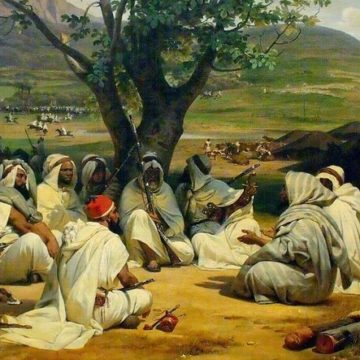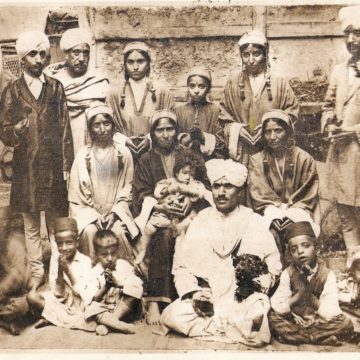In this paper, D Shrinivas uses the Maasir-i-Alamgiri of Saqi Mustad Khan to determine the dates on which the order for the destruction was given and the time it took for the destruction to actually be carried out. Based upon the above he hypothesizes about the resistance that Aurangzeb’s military likely faced from the local Hindu populace while carrying out the orders to destroy this Hindu temple.
Tag: aurangzeb
On Audrey Truschke’s “Aurangzeb: The Life and Legacy of India’s Most Controversial King”
"Bridging the chasm between the historical Aurangzeb and this reimagined (and largely imaginary) Aurangzeb is a daunting task, but Truschke makes her case with the chirpy enthusiasm of an Aurangzeb fangirl writing a puff piece in People magazine on her idol.
The received historiography on Aurangzeb is riddled with outlandish hoaxes that have gone unchallenged for decades. Truschke’s book is a worthy addition to this genre since it refreshes our memories of these hoaxes while enthusiastically manufacturing new ones."
An incisive and witty review of Audrey Truschke's book on Aurangzeb, and her source material, by Keshav Pingali.
The Inception of Khalsa
Guru Gobind Singh formed the Khalsa to create a unique Sikh identity while also establishing the Guru Granth Sahib to avoid future clashes.
The Story of Islamic Imperialism in India – Part 2
The ruthless campaign by Islamic tyrants was met with fierce Hindu resistance at every step.
The Story of Islamic Imperialism in India – Part 1
The story of Islamic imperialism has been conveniently shielded from scrutiny by most historians in modern India.
Kashmir: An Overview of the Seven Exoduses of Hindus (Part 2)
An extremely brutal period for Kashmiri Hindus as various Muslim ethnic groups tried to completely Islamise the land of Kashmir.
The earliest historical account of Teg Bahadur’s end and later narratives
The history of Guru Teg Bahadur in modern times is rampant with inaccuracies as the historical sources themselves aren't trustworthy


